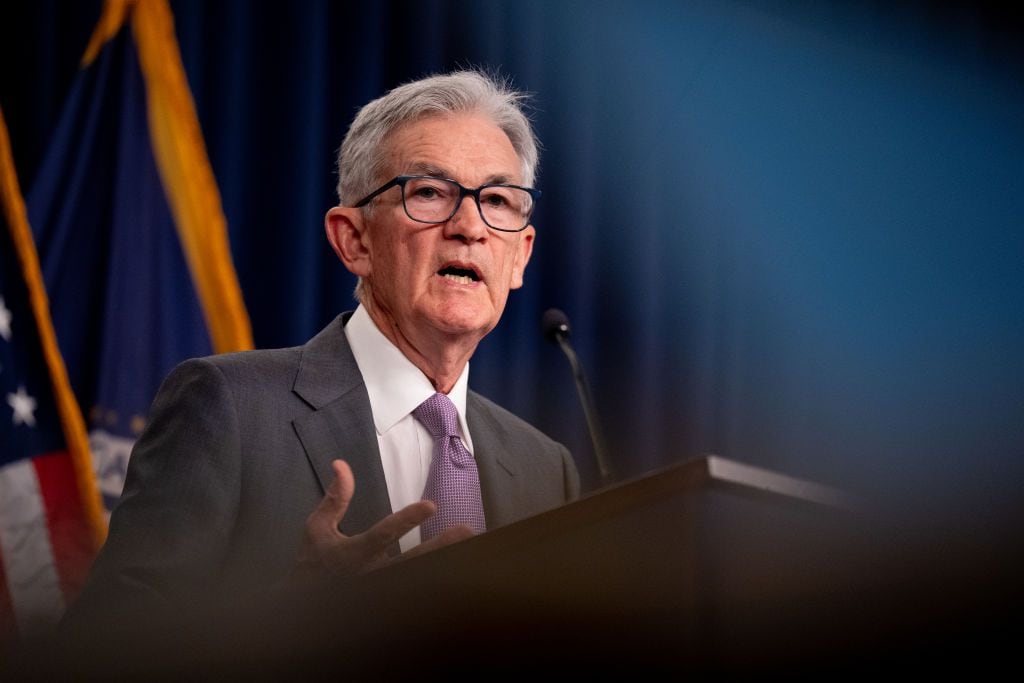HISTORIC OIL MOVES: U.S. equity markets ended the week broadly up on Friday but still ended lower for the week after days of volatility that followed historic moves in the oil market. Something that has never before happened in the history of oil as a traded commodity happened on Monday: the price for a contract of crude oil to be delivered next month fell below zero, meaning there was so much of it that oil suppliers were effectively paying to have it taken off their hands. The problem is one of physical supply: with the global collapse in demand due mostly to the pandemic, there is simply too much oil in the U.S., and the country’s producers are running out of places to put it. Prices quickly recovered, with both WTI and Brent crude rocketing higher before stabilizing to end the week.
LABOR CRISIS CONTINUES: The report on weekly unemployment claims, which has become one of the grimmer rituals of this spring, showed another 4.4 million people filed for jobless benefits last week, slightly more than expected but a decline from the week prior. More than 26.4 million people have lost their jobs in the past five weeks. On the same day as the claims data came out, the House easily passed another $484 billion stimulus package that will replenish the small-business loan program that ran out of money and set aside money for hospitals and testing. President Trump signed the package into law Friday — and it could be the last federal aid for a while. Lawmakers are at odds over how much more to do, even as some economists say this new package is too small. It also doesn’t provide any money for state governments, many of which have been pleading for federal assistance to keep workers on the payrolls.
TELECOM EARNINGS: Corporate earnings for the first quarter are now coming in fast and furious and the picture is one of major coronavirus-related upheaval in just about every sector of the economy. Results from the two biggest telecoms, Verizon and AT&T, showed them shedding users in their wireless and media divisions, respectively. Verizon lost 68,000 monthly phone subscribers in Q1 and pulled its full-year revenue forecast, citing economic uncertainty. AT&T, which also pulled its guidance, actually saw an increase in phone subs, but the company is shedding paid-TV subs in both its streaming and satellite divisions. Between AT&T TV Now, DirecTV, and U-Verse, AT&T lost more than one million TV subscribers in Q1. It’s hoping to gain some momentum with the highly anticipated launch of HBO Max, the WarnerMedia streaming platform that is now set for launch next month. AT&T also said its CEO, Randall Stephenson, will retire July 1 — months earlier than expected. His No. 2, John Stankey, will take the helm at a perilous time for the company.
NETFLIX EARNINGS: What’s bad for traditional media continues to be good for Netflix. The streaming giant blew away expectations for new subscribers, delivering an astonishing 15.8 million new subs globally in the first quarter, as people around the world hunkered down at home. Netflix said it doesn’t expect the influx to have an impact on its slate of content offerings in the near-term, though, with production ground to a halt worldwide The company plans to use some of its $5 billion or so in cash-on-hand to strike licensing deals for existing shows and movies to keep the trough full.
AS GOES GILEAD...: The stock slump that ended the week could be traced to leaked results from a clinical trial of Gilead Sciences' malaria drug remdesivir. A week after an extremely promising set of results from a Gilead-sponsored clinical trial in Chicago sent the stock soaring, a leaked report showed that a separate clinical trial in China was halted after it failed to show benefits. That sent shares down more than 4 percent. Gilead says the Chinese trial was cut short due to a lack of patients and the results are therefore inconclusive. The drug remains in use in several clinical trials and is being tested both as a treatment for very sick COVID-19 patients, as well as those in the early stages of infection.













